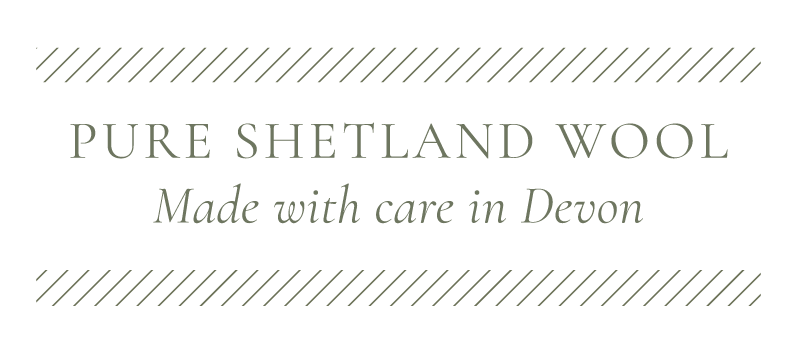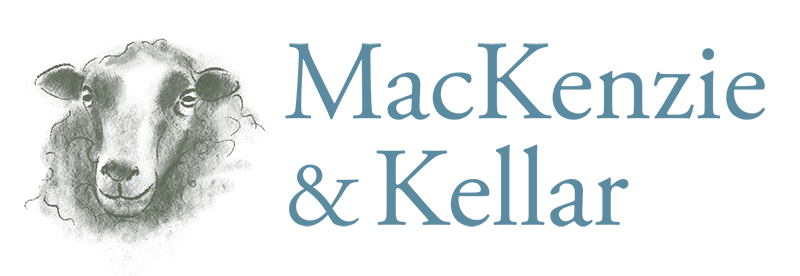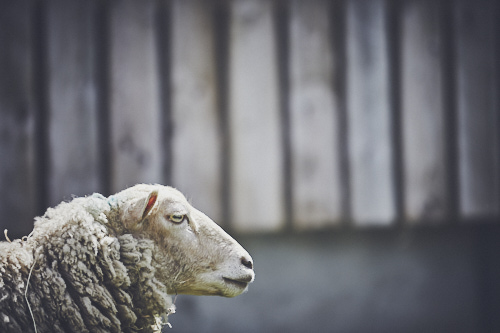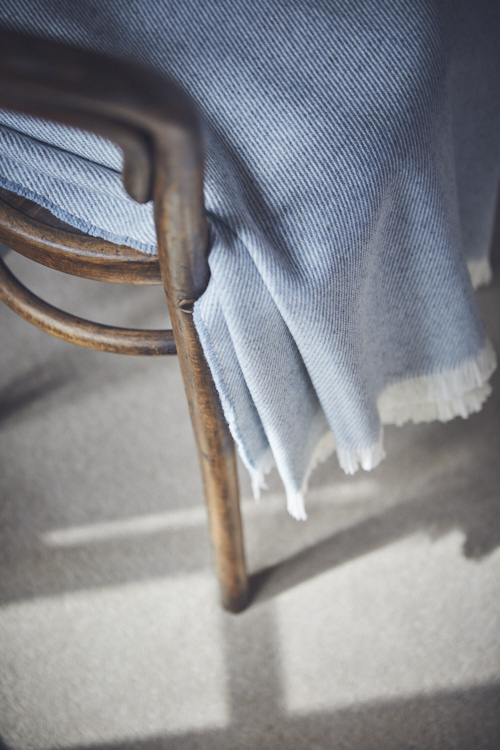

ABOUT
The Shetland is one of the oldest breeds of sheep found in the British Isles and although their heritage is in the Shetland Isles, they can now be found pretty much all over the UK and indeed there are many flocks in the USA and Canada.
Although the ancestors of present-day Shetland sheep are thought to date back some 4500 years, the standard for the current breed was drawn up in 1927 by the Shetland Flock Book Trust for the good of the breed and is still in use to this day.

Shetlands are mainly bred for their wool which has a very soft and silky feel with a light and wavy crimp. Traditionally the wool was used for lacework and high-quality woollens which were traded by the islanders but the advent of more commercial coarser wool moving north through Scotland lead to their decline. Their popularity with UK smallholders due to the fineness of the wool and the wonderful variation of colours in their fleece has helped their numbers improve to current levels.
The fleeces from our flock are mainly white but when blended with the few coloured fleeces which we have, it all contributes to the overall colour which is ultimately a lovely natural brown/grey. When combined with the subtle dyes which we use to add some colour, it produces the high quality, fine, traditional wool which we use to make our products.

Being descended from primitive northern breeds, Shetlands can withstand quite harsh conditions but as our Shetlands live in the south west of the UK, they are more likely to suffer from the heat than exposure! Consequently, we shear our sheep in early in June giving them much needed respite from the heat.
After shearing, their fleece is quickly rolled with any straw and other detritus removed and is taken to our local spinning mill, Natural Fibre Company in Launceston, where it is scoured
and spun ready for weaving.There is much debate at this point each year as to how much is to be dyed and/or which colours of fleece are to be blended but whatever the final decision is on colours, it is the quality and fineness of the fleece that determines the overall quality of the cloth.

It is then sent to the Bristol Weaving Mill where they turn into our wonderful blankets and scarves. We are very proud that the spinning and weaving process is carried out within the south west area. Both companies are independent and run by experts with very personal attention given to each client. We are lucky to have them so near.
We hope you love our blankets and scarves as much as we do and I’m sure they will give lasting pleasure for many years to come.
Sarah and Alan Hogg